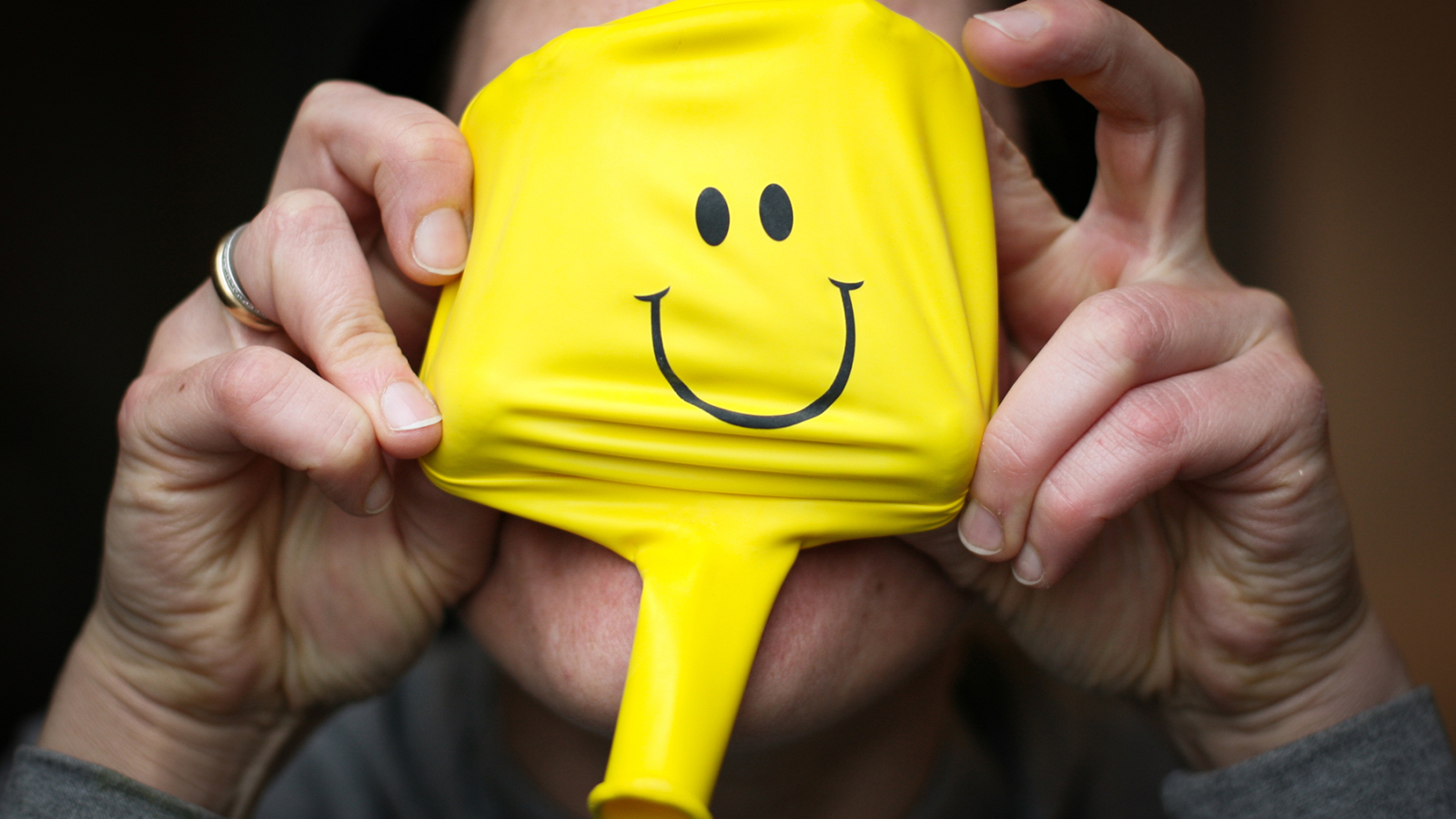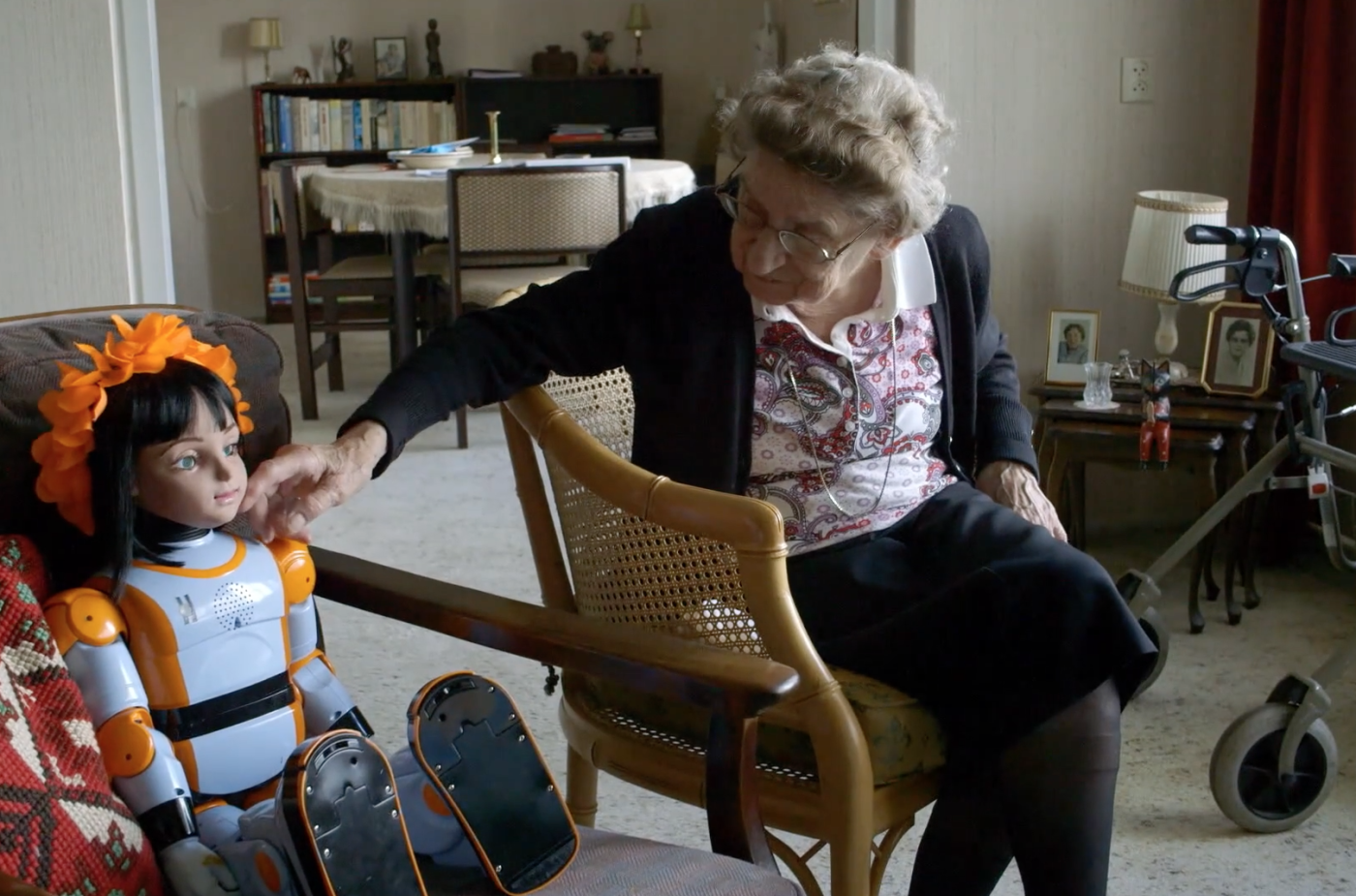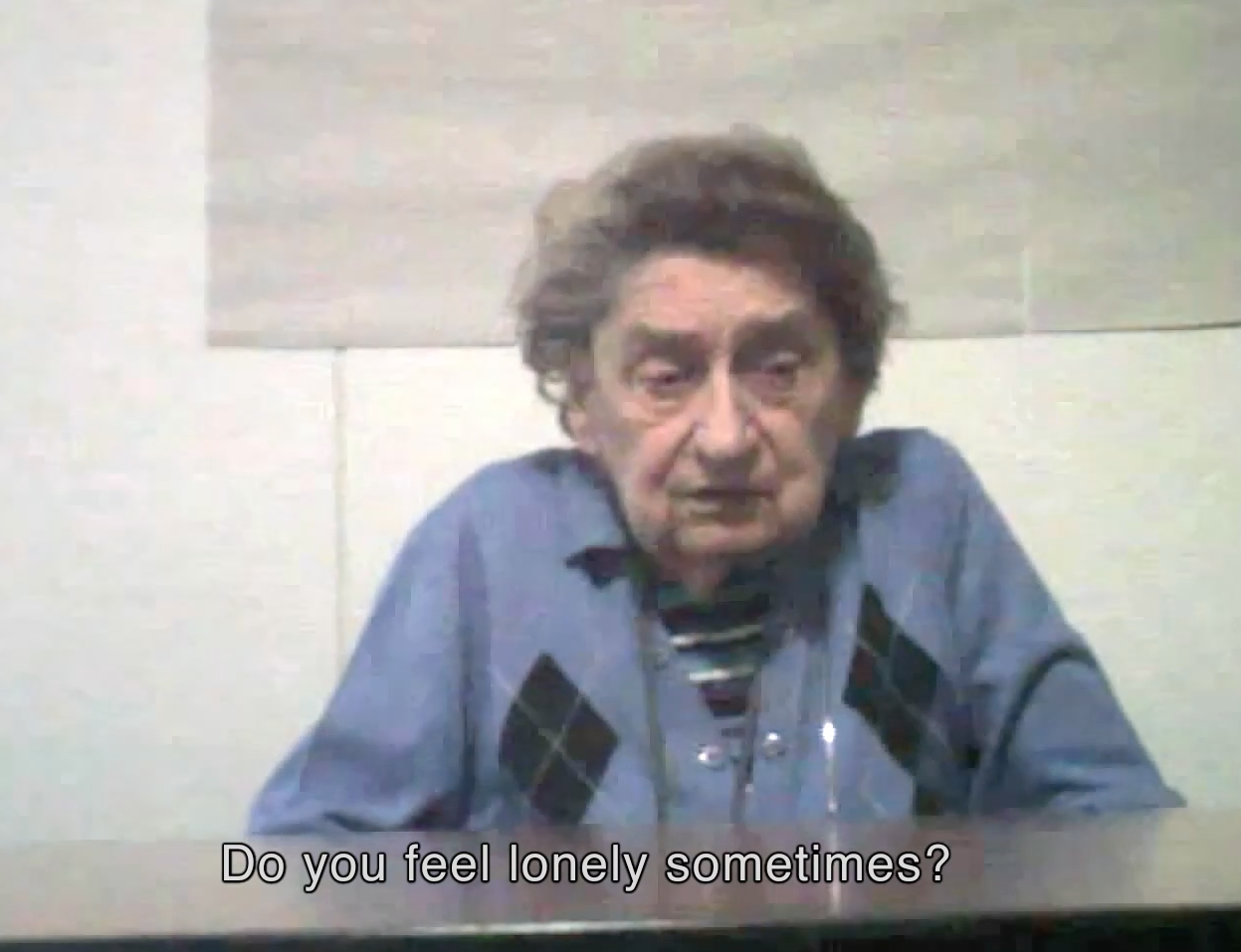We can't escape the use of robots in health care

A robot as a friend, does that sound appealing to you? For now it's a bit sci-fi, but it is a serious option in the coming decades. In the series Movies &: Science: Forever Young, we screened the documentary Alice Cares (Ik ben Alice). Director Sander Burger examines a pilot program developed by researchers at VU Amsterdam that is testing the use of an emotionally intelligent "care-bot" named Alice. These care-bots are designed to help older people in their homes with day to day tasks as well as help alleviating boredom and loneliness. We meet three elderly women, who each have Alice over for a few days. Seeing them warm up to this doll is both heartwarming and heartbreaking. Industrial designer prof. dr. Steven Vos (TUe) has mixed feelings about the use of state-of-the-art technology like this in health care system.

From resisting to accepting
Advanced technology has many perks, no doubt about that. For example, digital communication enables everyone to keep in touch with friends and relatives, no matter how far away they live. Also, the implementation of robotica in health care might help reduce costs and labour. This documentary shows what the effects of advanced technology are on a more personal level. What does it actually mean and do for the lives of, in this case, the elderly? Initially there is resistance: the ladies think of Alice as an invader, they are wary of her mechanical appearance and slow reactions. "You don't look me in the eye." Ms. Remkes, grumbles at the robot. "You can't do very much yet, can you?". But after a while she starts to bond with Alice. They go out for coffee where Ms. Remkes gently teases Alice about her inability to eat a cookie or apple pie. At home they watch a football match. "Hup, Holland, hup" exclaims Alice when the Dutch team beats Australia, waking up her 'owner' who had started to doze off. Alice proves to be a pleasant companion and Ms. Remkes even seems to find it hard to say goodbye at the end of the trial.

Mixed feelings
Vos points out that a future in which robots like Alice are our buddies, isn't necessarily all fun and games to everyone. The film also shows several care-takers who are sceptical and think that robots are unable to give the same care and attention as humans can. Additionally, they feel insecure about keeping their jobs. They struggle with the question whether robots will eventually replace humans. Vos doesn't think so, and points out that people always want some level of personal contact. He also notices that integrating technology into our society is hard. Money often drives the development of technological novelties and there is a gap between the designers and the users. The makers of technological gadgets don't take the consumers enough into account. This can cause friction. However, the documentary shows a different approach that might work better: the designer visits his test persons at their homes and tries to adapt the robot ad hoc to their needs. In other words, the 'lab' is the ladies' home.

Tech-future?
Technology isn't inherently good or bad. Prof Vos emphasizes that it is clear that we will have to deal with it one way or another. Proper integration is key. Partly, this integration will develop automatically, because every generation takes a different approach towards technology. For example, teenagers nowadays find (the lack of) online privacy much less of a problem than adults, because they are more accustomed to using the internet and digital devices. Subsequently, the senior citizens of the future will be much more familiar with technology and know how to cope with it. However, humans are always relational beings. Watching this documentary, you can't escape the thought that Alice also seems like a high-tech band-aid, that is trying to heal the impact of traumatic social transformations. One of the important questions is: to what extent should we leave the caring to robots?
Tip: Omapost helps in keeping contact with your elderly relatives. And if you don't have any grandparents left, you could even adopt one, here! After all, nothing makes your granny as happy as a personal card.




